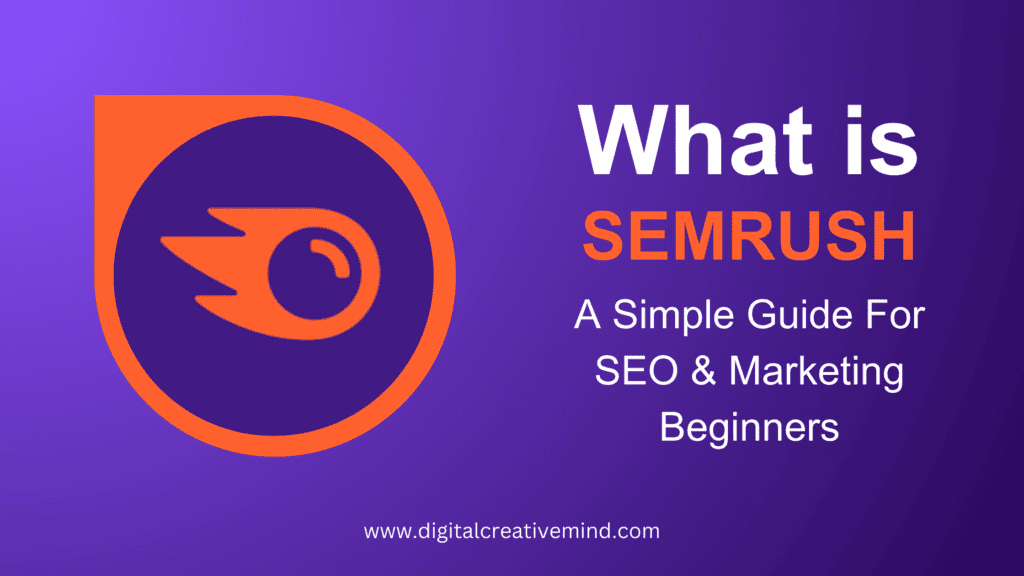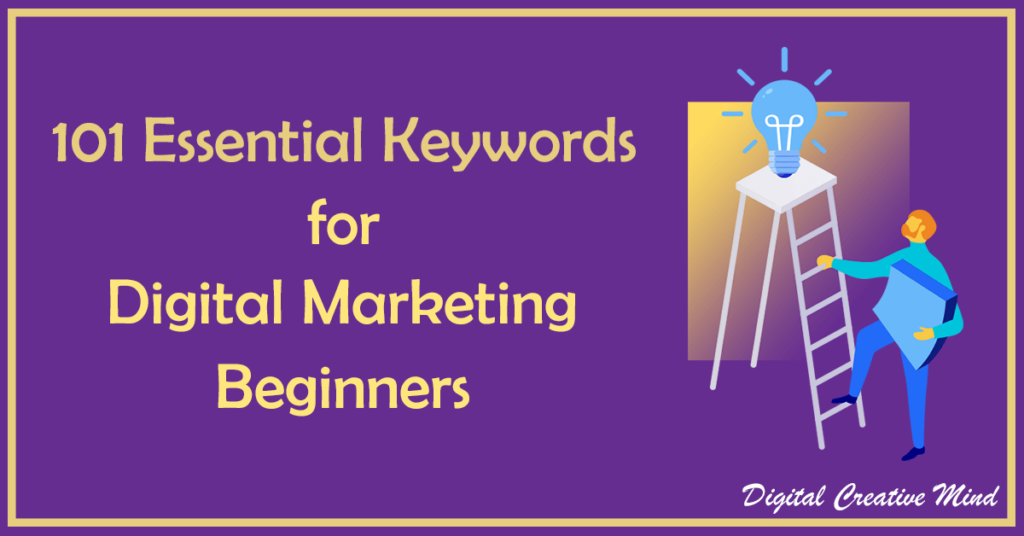Do you want to learn SEO to grow the organic traffic on your website? Check these reliable SEO terms for beginners to get detailed information about different SEO concepts. These terms will help you to improve your SEO basics.
If you are facing problems in understanding and learning advanced SEO concepts. You can start with the basics to develop your understanding of SEO and make your SEO base stronger with these SEO terms.
This SEO glossary covers all the major and minor SEO topics like On-Page SEO, Off-Page SEO, Technical SEO, and more. You will get all the details with these basic SEO terms for beginners that you need to grow your SEO understanding.
Disclosure: If you purchase after clicking links in this article, I may make a referral income, at no cost to you.
A Brief Introduction to Search Engine Optimization (SEO):
Search Engine Optimization is the process of optimization of your website for the search engines like Google and Yahoo. SEO is an inevitable part of Digital Marketing and a major source of organic/free traffic from search engines.
It helps your business either online or offline to get more brand awareness and potential customers from the internet. There are different categories of SEO like On-Page SEO, Off-Page SEO, Technical SEO, Local SEO, and Video SEO.
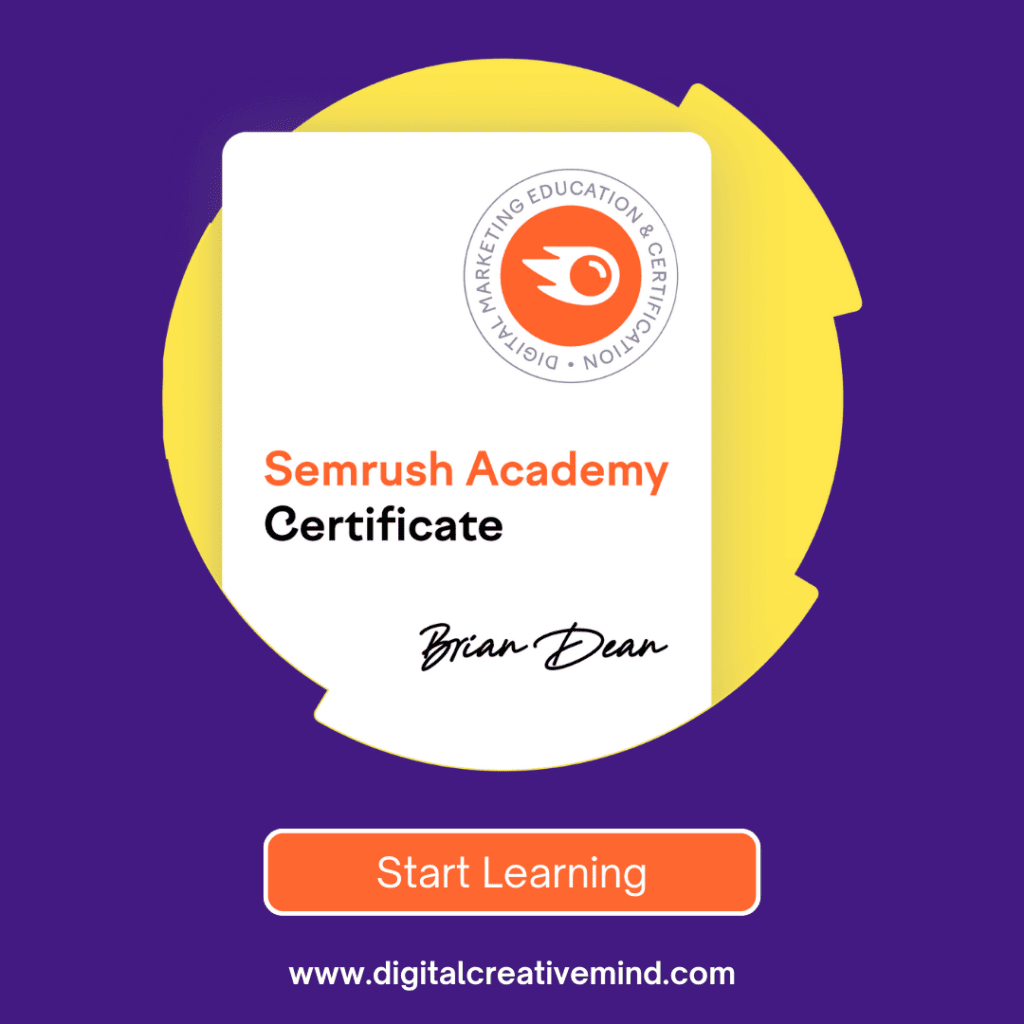
SEO helps you to reach a large online audience with your website and promote your products & services. It is useful to get more brand awareness, an interested audience, organic growth, and more potential customers for your business.
Content Marketing is an important factor in SEO because it helps you to publish SEO-optimized content on your website. Content Marketing & SEO helps you to attract your audience to your website with the right keywords and content.
Related Articles –
- What Is Semrush: A Simple Guide For SEO & Marketing Beginners
- How To Get A Semrush Free Account For SEO [Free Offer!!!]
- WordPress SEO: Get Organic Traffic on your Website [For FREE]
SEO & Long-term Marketing Strategy:
There are two major parts of Digital Marketing, which are Paid Marketing and Organic Marketing. Each one has some advantages and disadvantages of its own in the short term and long term.
SEO plays an important role in the long-term marketing strategy of an online business. Because it is very cost-effective and profitable in the long term. It also helps in other Digital Marketing activities like the following:
1. SEO for Blogging
Blogging is an essential part of SEO because it helps you to create and publish more content on your website. SEO is also useful to boost your Money Blogging efforts with your content and website optimization for search engines.
2. SEO for Organic Traffic
SEO is the major source of organic traffic and it helps you to attract free traffic from search engines. It is very important for a new or an existing website to continuously work on SEO to get more organic traffic in the long term.
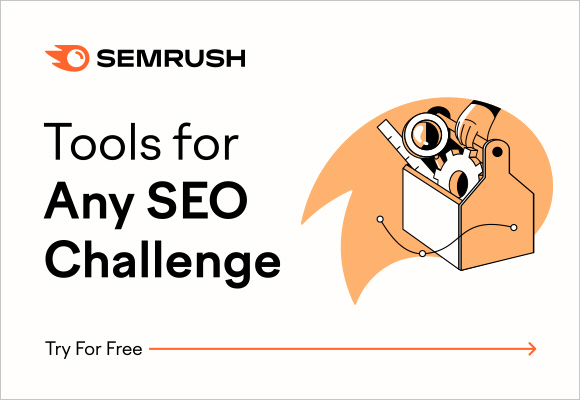
3. SEO for Sales Funnel
SEO provides you with a large amount of traffic at a very low cost and attracts the right audience with the right keywords on your website. It makes your Sales Funnel more effective and helps you to improve the Conversion Rate of your website.
4. SEO for Online Business
It is important to use the right combination of Paid and Organic Marketing for the success of an Online Business. However, organic marketing with SEO plays an important role to make a successful Online Business in the long term.
SEO boosts your website traffic and helps you to get more customers. These points show the importance of SEO for the long-term marketing and business strategy of a website and an online business.
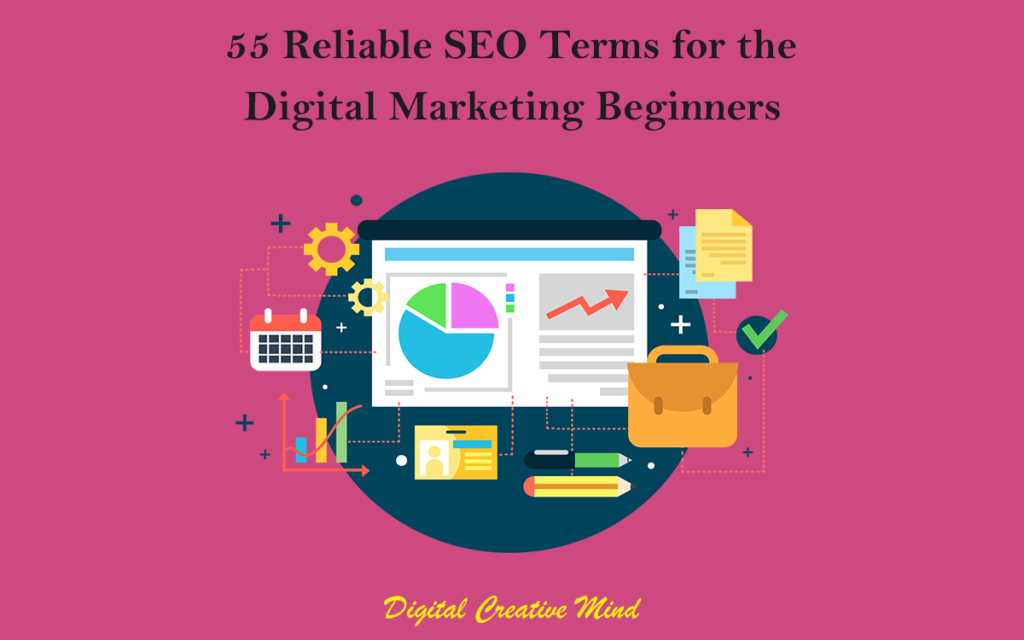
55 Reliable SEO Terms for Digital Marketing Beginners:
These are some of the most common SEO terms for beginners. Check these SEO terms to develop your understanding of SEO:
Indexing: Indexing is a process in which the Googlebots visit a website and crawl the content to understand and store it in Google Index. It is important to make w new website visible on Google Search.
Search Intent: Search Intent means the intent of a web searcher for searching on Search Engines with specific keywords. It helps you to understand the needs of your audience and to create the right content for them.
Organic Traffic: Organic Traffic means the free and direct traffic that you get from the search engines by using keywords. It is important to use the right keywords in your content to get organic traffic to your blog or website.
Blogging: Blogging refers to creating useful written or text content on your website or blog for attracting your audience. There are many free and paid blogging platforms available that you can use to start your blog.
Google Bot: Google bot refers to the web crawlers of Google that collect details from websites to provide the searchable index to the Google Search engine. There are two types of crawlers, which are desktop crawlers and mobile crawlers.
Crawling: Crawling is the process of collecting details from different websites to create a searchable index for the Google Search engine. It is performed by Google bots to make a better search experience for search engine users.
SERPs: Search Engine Result Pages refer to the search results that you get for the keywords searched by you from the search engine. It includes all the organic, paid, and featured snippet queries in the search engine.
SEO Audit: SEO Audit is the process of checking and analyzing the performance of a website’s web presence. It helps you to make necessary changes in your SEO strategy and to get more organic traffic. There are many useful SEO audit tools available to conduct SEO audits on your website like Semrush.
On-Page Optimization: On-Page Optimization or On-Page SEO means the optimization of your website with the elements available on your website. It includes the onsite SEO factors to optimize your website for search engines.
Meta Tag: Meta Tag is an HTML tag used to create and develop structured metadata on a website. It is available in the header section of the website and helps you to inform search engines to understand your website content.
Meta Title: Meta Title is the title of the HTML page of a website that is displayed in the search engine result pages as the title of a webpage.
Meta Description: Meta Description is the description of a webpage that is displayed in the SERPs. It helps search engines understand the content of your website and the web pages.
H-Tags: Header Tags are the tags used to create headings and subheadings on your web pages. There are 6 H-Tags that you can use on your website, which are H1, H2, H3, H4, H5, and H6. It is also called heading tags.
Robot.txt: Robot.txt file is a file that informs the search engine crawlers about the URLs available for crawling and the URLs not accessible for crawling on your website.
Sitemap: Sitemap is a file that describes the web pages, files & content on your website and defines the relationship between them. It helps you to inform search engines about the important pages on your website.
Anchor Text: Anchor Text is a term used to define a keyword or a group of keywords on a webpage, which links to some other web pages. It is visible, clickable, and hyperlinked text on a webpage. The right use of Anchor Text helps you to engage your website visitors and to reduce your bounce rate.
Keywords: Keywords refer to the ideas or words used in search engines for making a search query. It defines the main ideas and topic of your content and helps your audience to get information about your website and web pages.
SEO Tools: SEO Tools are online tools for improving your SEO performance with great insights and information available in the tool. SEO Tools make your work easier with many features like keyword research, backlink check, website indexing, and more.
Keyword Research: Keyword Research is the process of finding the right keywords for the SEO of your website and attracting organic traffic. It helps you to find the words and phrases that your audience is searching for in the search engine.
Keyword Difficulty: Keyword Difficulty is a term used to define the difficulty level of a keyword based on the competition for the keyword. It helps you to find the low competition keywords that are easy to target and rank in the search engine.
Long Tail Keywords: Long-tail Keywords are long-phrase keywords that include more than one or two keywords. These keywords are more specific and directly connected to point of purchase.
LSI Keywords: “Latent Semantic Indexing Keywords” are the keywords that are related and similar to the main targeted keywords of a website. The purpose of using LSI Keywords is to help Google better understand your website content.
Image Alt Text: Image Alt Text refers to a word or phrase used to define an image in case the image fails to load on the internet. It helps the publisher to inform the users about the image with alt text.
Internal link: Internal link is a link on your website which links to another webpage of your website with an anchor text. It helps you to interlink your content and provide more relevant information to your audience and search engines.
Dofollow links: Dofollow links are those links that allow the search engines to pass the authority to a linked website from the original website.
Nofollow links: Nofollow links are those links that do not allow the search engine to pass the authority to a linked website from the original website.
Canonical Tag: Canonical Tag is a tag used to tell search engines that a URL is the most preferred link for ranking in the SERPs. It helps you in managing the problem of duplicate content on your website and republishing your content on another website.
SSL Certificate: SSL Certificate or Secure Sockets Layer Certificate is a digital certificate that helps you to authenticate your website’s identity. It also enables an encrypted connection and makes your website more secure.
Off-Page Optimization: Off-Page Optimization or Off-Page SEO means the optimization of your website from outside of it. It includes the activities that you conduct on other websites to improve your website ranking in the SERPs.
Backlinks: Backlinks are the links to the web pages of your website that you get from some other websites. It helps you to improve your domain authority and to get more inbound traffic to your website.
Social Bookmarking: Social Bookmarking means the bookmarking or tagging of a webpage which allows users to easily reach the page again. It helps your website to get inbound links and to attract more website traffic. There are many useful Social Bookmarking sites that you can use to bookmark your website.
Technical SEO: Technical SEO is the process of improving your website components and SEO for the technical requirements of search engines. The purpose of Technical SEO is to make your website more accessible to search engines and to improve crawling & indexing.
AMP: Accelerated Mobile Pages (AMP) is an open-source HTML framework that amplifies web pages and creates a user-friendly experience for the web. It helps your website to load faster and to improve the user experience of your website.
Rich Snippets: Rich Snippets are the search results that are displayed on the top result with the featured snippet or information.
Mobile-First Indexing: Mobile-First Indexing means that Google primarily uses mobile pages for indexing and organic ranking of the websites. The reason is that many search engine queries are from mobile, thus Google prefers mobile-first indexing.
Schema markup: Schema markup or structured data is the code language that provides clear information about your website to search engines.
Domain: Domain is a term used to define the domain name of a URL which helps to identify a website and differentiate it from others. It is useful to try some creative domain names to attract more traffic to your website in the competitive market.
Domain Authority: Domain Authority is a ranking factor to get a higher ranking in the search engines that are developed by Moz. It ranges from 100 (the highest) based on the multiple ranking factors.
Page Authority: Page Authority is a metric developed by MOZ to define how a specific page will rank in the SERPs. It is based on a page score calculated with multiple factors.
Guest Blogging: Guest Blogging refers to the writing and publishing of blog posts on the websites of someone else. The purpose of Guest Blogging is to get backlinks and attract more traffic to your website.
Link Building: Link Building is the process of creating links on the website of someone else to your website. It helps you to improve your Domain Authority, Page Authority, and ranking in SERPs.
Local SEO: Local SEO means the optimization of your local business and website for attracting local search queries in your area. Local SEO is useful for physical businesses to get visibility in the local search results of Google.
Google My Business: Google My Business is a free service of Google that allows users to create and verify their local business on Google. It helps business owners to develop an online presence for their physical business.
NAP: NAP is a term used in Local SEO to define “Name, Address, and Phone Number”. It improves the Local SEO of a website by providing more detailed information about a local business.
Google Algorithms: Google Algorithms are the complex system that Google uses to get the data from its search index and to quickly provide the relevant results for the search queries.
Google Webmaster Guidelines: Google Webmaster Guidelines are the guidelines issued by Google to websites to help them in indexing, crawling, and ranking in the search engine.
Google Search Console: Google Search Console is a free web tool developed by Google to help website owners in improving their websites. It helps you to check the organic traffic, fix issues, and check the performance of your website.
Google Analytics: Google Analytics is a free Google tool that provides detailed insights and data about your website. It helps users to track the traffic on their website with real-time reports and data.
Google Tools: Google Tools are free tools developed by Google for the general public to improve the websites and the search engine experience of the users. There are many useful Google Tools for Digital Marketers and Bloggers that you can use for free.
YouTube SEO: YouTube SEO means the optimization of your YouTube Channel with the right keywords and hashtags in the video description.
Bounce Rate: Bounce Rate is the rate that shows the percentage of your audience leaving your website from a specific page. It helps you to check the exits of your website and to make necessary changes to your website.
Click-through Rate: Click-Through Rate is the rate that shows the percentage of people clicking on your website links against the people seeing your website links. It is commonly known as CTR and is used to increase website conversion.
Conversion Rate: Conversion Rate is the rate that defines the percentage of people who are taking the final action against the people visiting your website.
Sales Funnel: Sales Funnel means a well-developed process to convert your audience into your final customers with your content and information. It majorly includes the four-stage which are Awareness, Interest, Desire, and Conversion.
Social Media Optimization: Social Media Optimization is the process of using Social Media Marketing for the optimization of your website with Social Media Branding. It includes the optimization with description and sharing the link on popular social media platforms.
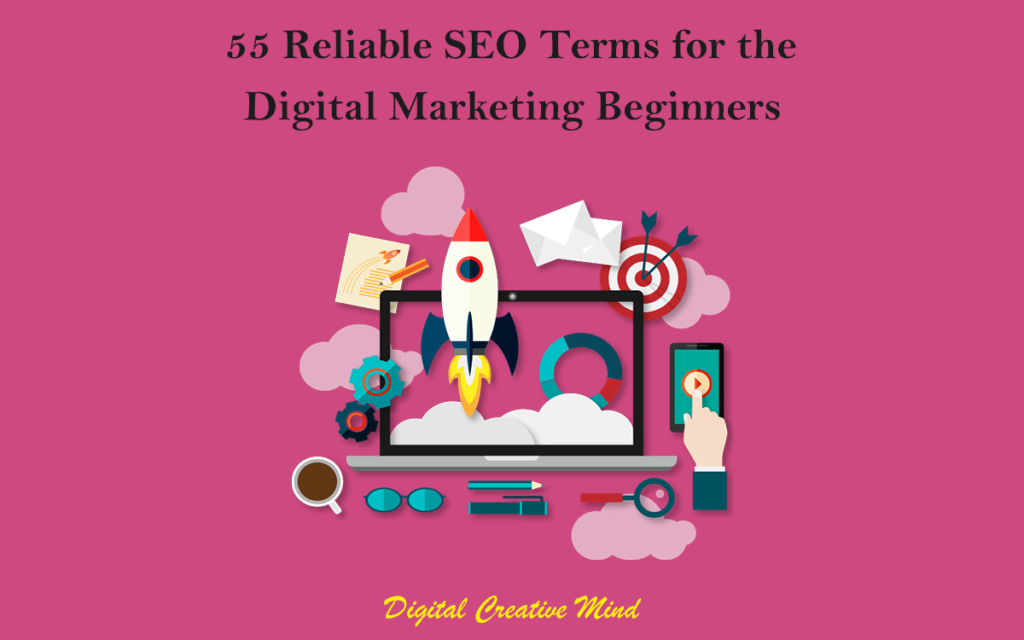
Final Words:
These were the most reliable SEO terms for Digital Marketing and Blogging Beginners. It covers all the basic SEO terms that a beginner and a new learner should know about SEO.
These SEO terms might help you to get a basic idea of SEO and to understand the depth of SEO concepts. SEO is a vast topic that covers many essential types and parts which is vital for your website.
Hope you have enjoyed reading and understanding these SEO terms, for more useful Digital Marketing terms. Check the following:

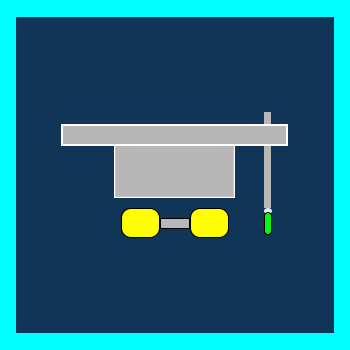

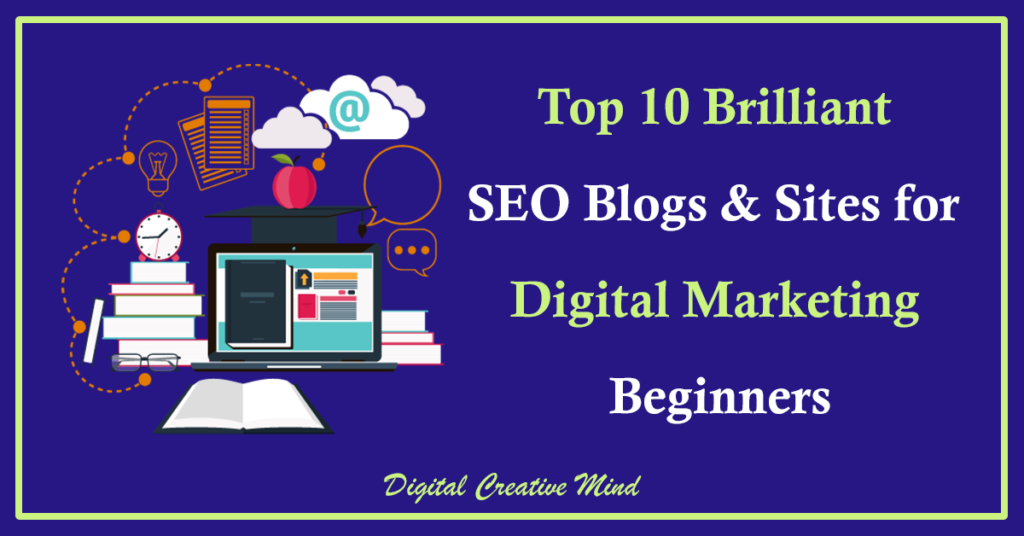
![Glossary of Top Affiliate Marketing Terms [For Beginners] Glossary of Top Affiliate Marketing Terms [For Beginners]](https://digitalcreativemind.com/wp-content/uploads/2021/09/Affiliate-Marketing-Terms-1024x536.png)
